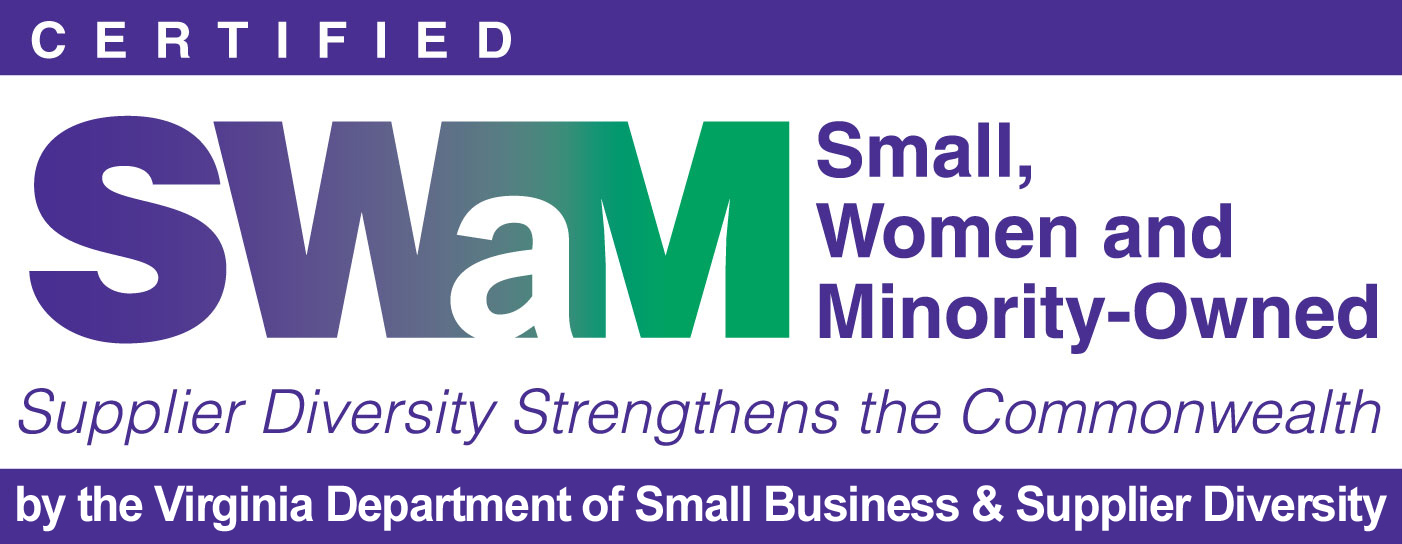BUSINESS ETIQUETTE
Inclusivity in Marketing
By: Meredith Flory
Diversity is a term often used in workplace settings, referring to seeing or experiencing a wide range of human experiences and identities represented within a group of people. Marketing for many companies has become more diverse, in hopes of reflecting our communities better.
In fact, an oft-told celebrity story, such as in this 2021 CNN article, is how Meghan Markle wrote a letter to Proctor & Gamble as a child about how their marketing was aimed only at women and pointed out the sexism inherent in marketing cleaning supplies only to women. She has continued to work for women’s issues as an adult public figure.
Over the past few decades, consumers have witnessed a shift in marketing, with many household product companies increasing their diversity in advertising to reach beyond just white, suburban moms to anyone who might need these products for the home, with varying racial identities and family makeups being represented on screen.
While this is more in line with our society, it’s also good business sense to increase your customer base. But what’s the next step?












